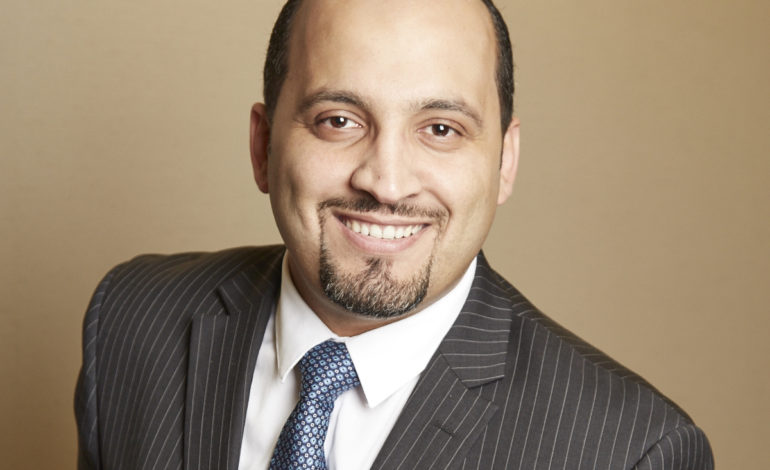By Rabih Hamawi, JD
Over the past week, I have received many calls from business owners asking if they may recover business income losses because they have been forced to temporarily suspend or limit their business operations due to COVID-19. The answer is simple: It depends.
It depends on the language in the insurance policy, which is the starting point in determining whether a business owner may recover business income losses.
- Business income
Usually, a policy requires the following:
- Loss of business income (not only loss of revenues, but verifiable loss of net income);
- Due to the necessary suspension of business operations (which includes complete or partial suspension);
- During the period of restoration (which generally starts after the event causing the complete or partial suspension of business operations);
- Caused by a direct physical loss (usually tangible physical injury or damage to insured property);
- At premises which are described in the Declarations Page (which means the specific location must be an insured location for business income purposes); and
- The loss or damage must be caused by or result from a covered cause of loss that is not excluded under the policy (generally something like fire, vandalism or windstorm).
For the purposes of COVID-19, only the fourth and sixth requirements above are generally at issue under the policy and Michigan law because damage caused by COVID-19 is not generally considered 1) a direct physical loss, since there is no tangible physical injury to insured property; and 2) because damage caused by viruses is generally not considered a covered cause of loss.
So far, this means there is no business income coverage. But it isn’t over yet. Let’s examine the remaining parts of the policy.
- Civil authority
Most insurance policies include Civil authority business income coverage, which requires the following:
- A covered cause of loss;
- Causing damage to property other than property at the described premises;
- Resulting in a business income loss;
- Due to civil-authority action; and
- That prohibits access to the described premises due to particularized reasons as defined in the policy.
For the same reasons mentioned in the business income section above, the first requirement may create coverage issues. Likewise, there may be additional issues related to the second requirement: Whether the damage must be physical tangible damage or whether it may be any type of damage, including those damages caused by a virus.
This may indicate there is no COVID-19 business income coverage under the Civil Authority section. Let’s continue.
- The “communicable disease” endorsement
Some insurance policies may include an endorsement called the “Communicable Disease” endorsement, where a business owner may recover business income losses due to COVID-19 if all of the following requirements are met:
- A business income loss;
- Due to a temporary suspension or shut down of business operations;
- Ordered by a civil authority;
- Due to an outbreak of a communicable disease; and
- At the insured premises or at another premises.
If all of these requirements are met, then a policy may provide limited coverage up to the sublimit amounts stated in the endorsement for business income losses. In policies including this endorsement, the insurance company may pay for the following:
- The cost of cleaning or disinfecting the business property;
- The cost of replacing contaminated stock;
- The cost of testing the insured premises;
- The cost of necessary medical tests, doctor’s care, hospitalization, blood work or vaccines for infected persons;
- The extra advertising costs to restore business reputation;
- The cost to evacuate the insured premises; and
- The cost to avoid or minimize the suspension of business operations, including business income losses.
- The bottom line
Under most policies, a business owner isn’t generally allowed to recover for COVID-19 business income losses, but policies including “communicable disease” or other similar endorsements may provide limited COVID-19 business income coverage.
Disclaimer: The information included in this article does not create an attorney-client relationship with the reader. It is provided for informational purposes only and is not, does not constitute and is not intended to be, the giving of legal advice or counsel.
— Rabih Hamawi is a principal at the Law Office of Rabih Hamawi, P.C. and focuses his practice on representing policyholders in fire, property damage and insurance-coverage disputes against insurance companies and in errors-and-omissions cases against insurance agents. He may be reached at (248) 905-1133 or www.hamawilaw.com.






Leave a Reply